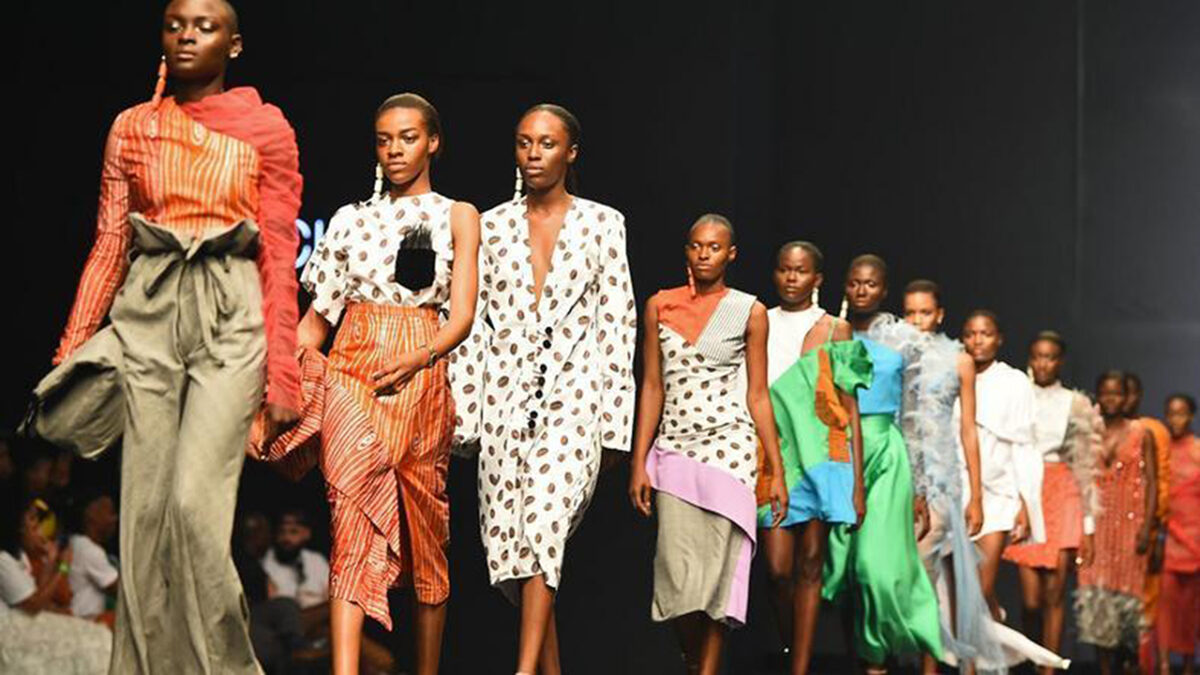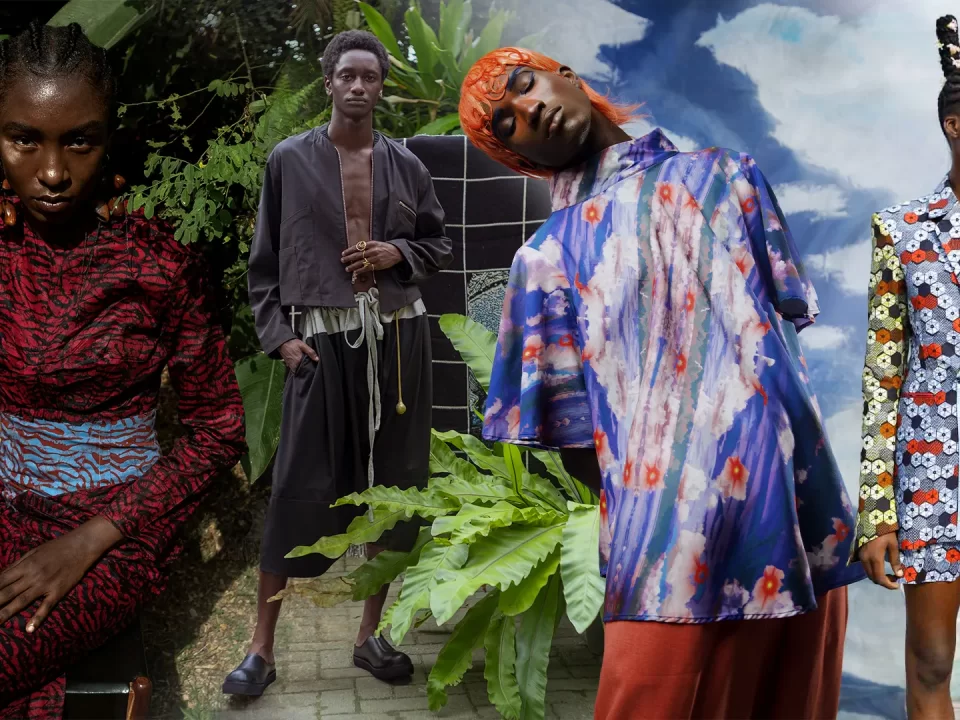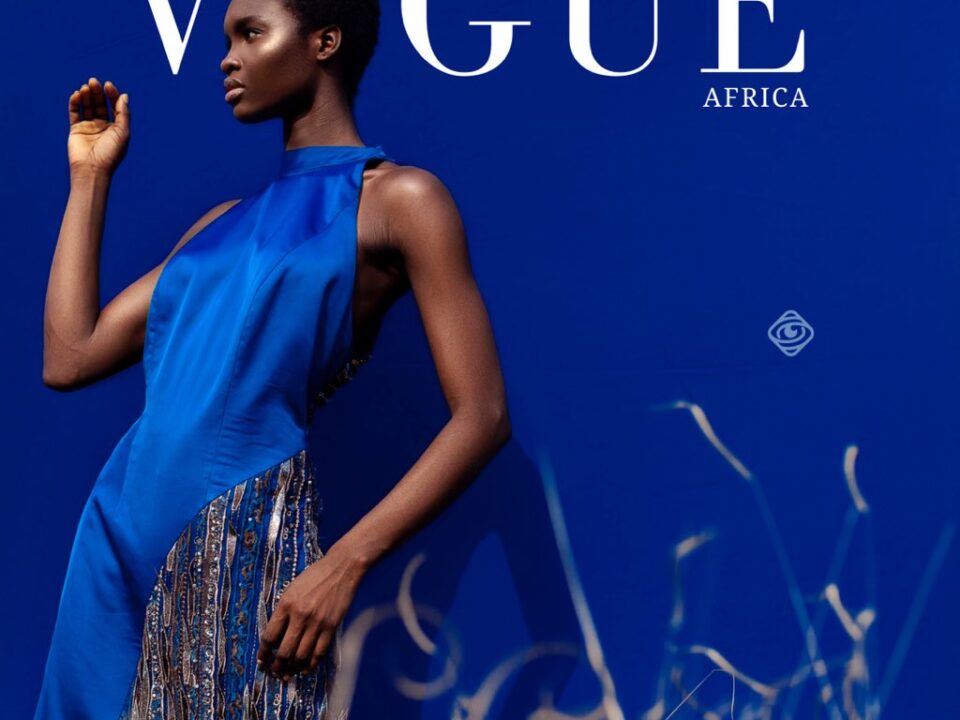Nepotism In Nigerian Fashion

Manus x Machina in respect to African fashion
22/02/2023
Effects Of Fast Fashion On The Nigerian Fashion Industry
22/02/2023The Nigerian fashion industry is a vibrant and growing sector that has been gaining recognition both locally and internationally in recent years. However, like many industries, it is not immune to the effects of nepotism, which has been a major obstacle for aspiring fashion designers.
Nepotism refers to the practice of favoring relatives or friends in professional or social positions, typically to the detriment of others who are equally or more qualified. In the Nigerian fashion industry, nepotism is a common problem that has affected the growth and development of many aspiring fashion designers.
One of the most significant effects of nepotism on aspiring fashion designers in Nigeria is limited access to resources and opportunities. Fashion designers who are not connected to influential people in the industry often struggle to secure funding, sponsorships, or contracts, which can limit their ability to showcase their talent and build their brands. This lack of access to resources and opportunities can also hinder their growth and limit their potential for success.
Another effect of nepotism on aspiring fashion designers is the perpetuation of a narrow fashion aesthetic. When certain designers are favored over others, their style and vision tend to dominate the industry, leaving little room for diversity and creativity. This can result in a homogenized fashion industry that lacks innovation and fails to represent the full range of Nigerian fashion talent.
Furthermore, nepotism can also lead to a culture of mediocrity in the fashion industry. When designers are not chosen based on their talent and hard work but rather on their connections, it can lead to a lack of accountability and a lack of effort to produce high-quality work. This, in turn, can lead to a decline in the overall standard of the industry and a negative impact on the reputation of Nigerian fashion both locally and internationally.
The effects of nepotism are not limited to aspiring fashion designers alone. They also extend to other stakeholders in the industry, such as models, stylists, and photographers. When certain individuals are consistently chosen over others, it can limit the opportunities for these stakeholders and perpetuate a cycle of exclusion and marginalization.
In conclusion, the effects of nepotism on aspiring fashion designers in the Nigerian fashion industry are far-reaching and damaging. It limits access to resources and opportunities, perpetuates a narrow fashion aesthetic, and creates a culture of mediocrity. To build a truly vibrant and diverse fashion industry in Nigeria, it is essential to address the issue of nepotism and create a level playing field where talent and hard work are the primary criteria for success. This can be achieved through a combination of awareness-raising, advocacy, and policy reform to promote transparency and accountability in the industry. By doing so, we can create a fashion industry that celebrates and promotes the talent and creativity of all Nigerians.




